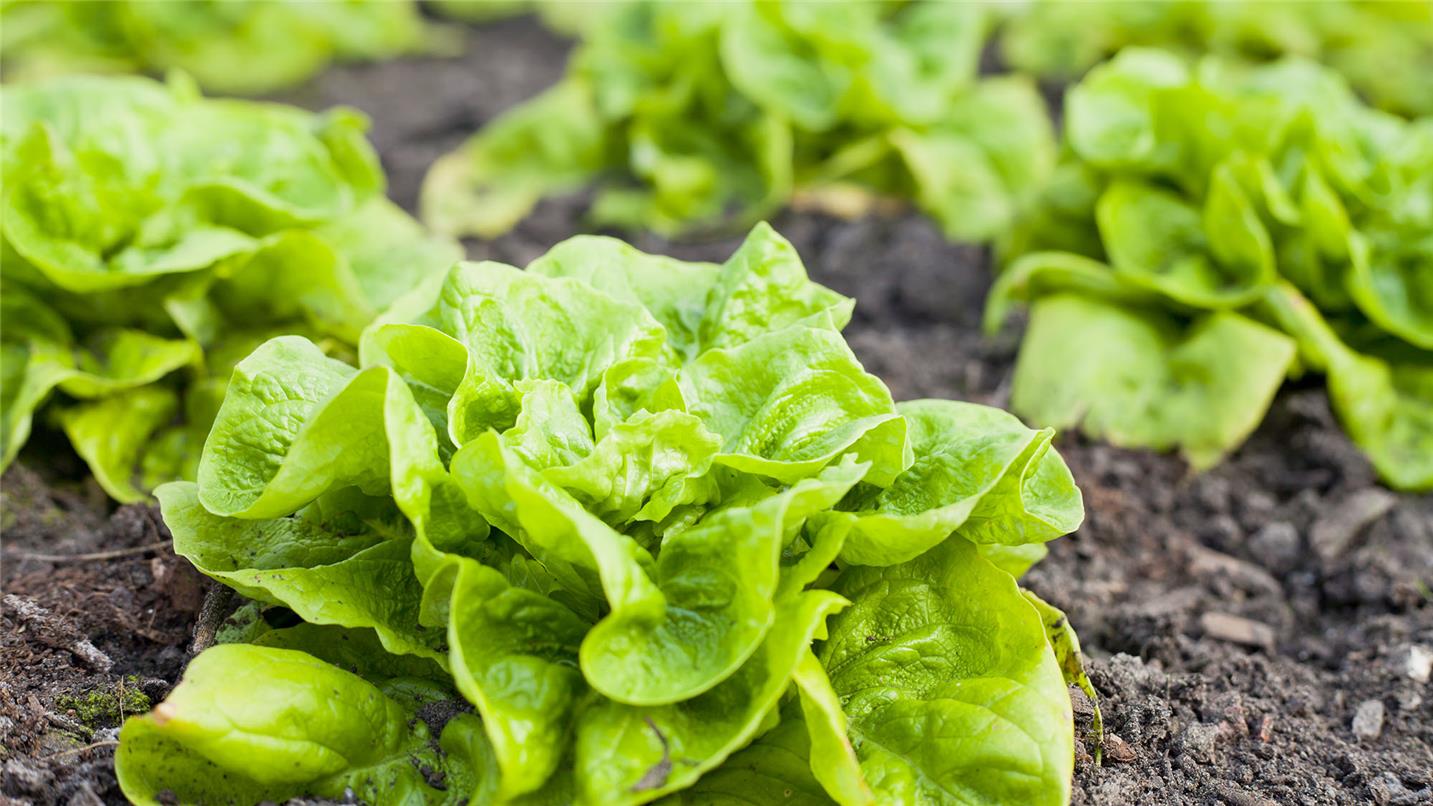Yarrells School worked with SUEZ recycling and recovery UK to reduce costs and waste by creating its own organic fertiliser and fully harvesting rainwater needed for their school garden and grounds
Yarrells School set out on a path to sustainability by turning its food waste into compost for their gardening club, fruits and vegetables, as well as their forest school area. They also aimed to create organic fertiliser using vermiculture, a process of cultivating worms to decompose food wastes into compost.
Additionally, the school wanted to start collecting their own rainwater, which it can use when making fertiliser.
~2,000
litres
of rainwater harvested per week
100
%
in-school compost generation
~200
litres
weekly 'worm tea' production for watering school gardens
£
0
fertiliser and compost purchases
Harvest rainwater and create wormery to generate organic fertiliser
For composting, Yarrells’ groundskeeper created a dedicated area within the school grounds with specific bays for each stage of development. This segregation prevents cross-contamination and allows for better monitoring of the composting materials.
The first bay is for collected leaves, grass cuttings, and vegetable peelings. The bay undergoes periodic turning to start the anaerobic process. When the composting materials have significantly broken down, these partially composted material are transferred to the second bay. After a few weeks, the compost will have matured leading to the final process of having a fully broken-down compost placed on the final bay. This material is added to the topsoil and then dug back into the site’s grounds.
Also included in the school’s composting process is the wormery, a worm composting system created from recycled materials. The wormery has different layers. The bottom layer is for baby worms, the middle layer helps break down materials like shredded paper and coffee grounds, and the top layer is where worms turn peelings and vegetable material into worm castings. This top layer is then added to the compost to help fertilise the plants on site.
100% sustainable fertiliser production and successful rainwater harvesting project
Since April 2023, Yarrells School effectively harvests rainwater with SUEZ-provided recycled water butts, eliminating the need to buy compost and fertiliser by producing enough for their extensive grounds. The introduction of internal food waste bins, also recommended by SUEZ, ensures that kitchen leftovers like vegetable peelings are now clean enough to be composted. The school’s thriving Eco-Committee continues to improve the school’s sustainability.
Around 2,000L of rainwater is now harvested per week.
The school cultivates its plants, vegetables, and extensive
grounds using 100% of their own fertiliser.
Producing our own compost and fertiliser has saved the school a fair bit of money and we have already seen the return on our investment.We no longer purchase the fertilisers and compost we once did. We also use some of the worm casts to generate ‘worm tea’, which we use to water the gardens and kitchen garden."
He added that the programme has been a great opportunity to educate the children and introduce them to the various processes involved and seeing the joy of growing their own vegetables and plants.
Eddie Hayes-Yarrells School Estates Manager

